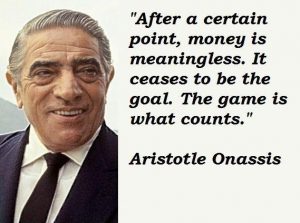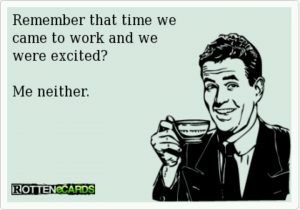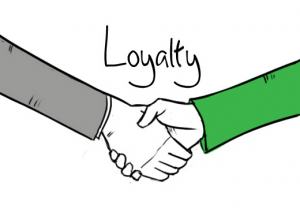 Not that I’m a strange person, which I am, but the more I encounter other Atheists the greater struck I am by how I came to be an Atheist. I’ve rarely run into an Atheist who wasn’t religious first. Someone who found that what they were being taught didn’t correspond with their experiences of life. I wasn’t necessarily born an Atheist but I was raised in a largely non-religious household. I was never religious and I never believed in a god.
Not that I’m a strange person, which I am, but the more I encounter other Atheists the greater struck I am by how I came to be an Atheist. I’ve rarely run into an Atheist who wasn’t religious first. Someone who found that what they were being taught didn’t correspond with their experiences of life. I wasn’t necessarily born an Atheist but I was raised in a largely non-religious household. I was never religious and I never believed in a god.
I thought today I’d talk about my experience in coming to Atheism. As I said, I was born in a non-religious family. My mother dabbled with Buddhism but there were no religious ceremonies in my house and I never went to any sort of religious service. My parents were divorced when I was very young and my father married an Orthodox Jew. So, there was a lot of religion when I was over there every other weekend, but I wasn’t asked to take part for the most part. I read the section during the Seder reserved for the young boy of the family, the Four Questions, but that was pretty much the extent of any indoctrination.
I never even really thought much about religion growing up. I suppose I called myself an Agnostic because I didn’t really want to tell anyone there was no higher power. People seemed so sure. It wasn’t until I was in my mid-thirties that I started to learn about Critical Thinking, Ayn Rand, Libertarianism, and that sort of thing. Up until then I pretty much stuck with the Agnostic line.
One day I asked myself why I didn’t believe in Zeus at all but was willing to accept the idea that god might exist. So, then I was an Atheist and I’ve been one ever since. I didn’t come to it by studying the bible and many of the logical problems therein. I think that makes me rather unusual. I’ve learned in the ensuing years about all sorts of issues with the bible but not until after my epiphany.
My knowledge of the bible, the koran, and the torah is pretty weak. I’ve learned a fair amount simply by having to perform research in order to counter particular religious arguments and by watching more well-versed Atheist discuss the subjects.
I think one of the important things about me being an Atheist is that I simply cannot believe in god or whatever. It’s not really a matter of choosing to believe or not; I don’t, I can’t, I’d be lying if I said anything else. To my way of thinking there is clearly no higher power. The various interpretations of that higher power don’t make any sense and are largely filled with vile stories of awful atrocities committed by said deity. If your god revealed himself to me in some undeniable way, I’d tell it to bugger off, I want no part of you. Frankly, I’d assume it was some jerkoff alien with sufficient technology to be indistinguishable from magic trying to yank my chain.
Life hasn’t been tough as an Atheist. I don’t think I’ve ever faced discrimination or ostracism because of Atheism, or Agnosticism from when I was younger. I’ve never had a friend refuse to talk to me or associate with me because of my thoughts. And my thoughts were not secret. I went to college in Idaho and many of my good friends were very religious. Some of my great friends even today have quite strong faith.
I’ve definitely faced ostracism but mainly because I’m a socially awkward fellow, I don’t blame my lack of religion, just my lack of social skills.
That’s pretty much it. I’m not trying to convince anyone to be an Atheist. I’m not complaining or bragging.
Tom Liberman

















